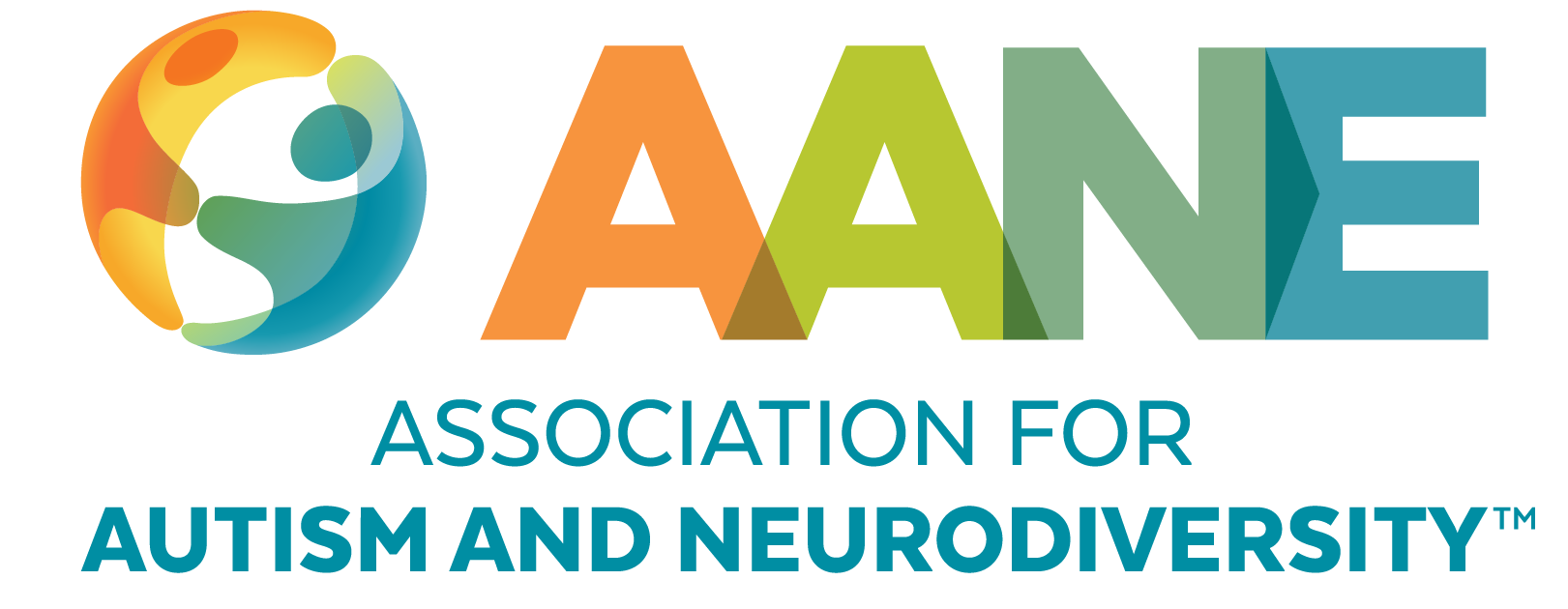
Education
The needs and accommodations of Autistic students must be prioritized in order to provide an inclusive and supportive learning environment.
There is no single path to educational success. An individualized plan can be an important tool for Autistic and Neurodivergent children to have a productive and fulfilling educational experience. Implementing strategies and approaches that ease stress and anxiety, address sensory processing differences, and support communication, connection, and executive functioning can help students thrive at school. Learn more about the stages of education and supports and services available through AANE.
Questions about autism or AANE’s services?
Schedule a call to speak with a member of AANE’s staff, or fill out a form to be contacted by email.
Early Intervention & Preschool
Early intervention and preschool programs provide young Autistic children with the necessary support and resources to help them develop their social, communication, and cognitive skills.

Early Identification
The early identification process for young children involves recognizing potential signs and behaviors that could indicate that a child is Autistic during the early developmental stages.

Early Intervention
In the United States, Early Intervention (EI) is a service provided by every state for children under the age of 3 to support the needs of children who may have developmental challenges or delays.

The Autistic Experience of Early Childhood
One Autistic individual shares insightful memories of her early childhood and how her behavior was often misinterpreted by adults and peers.

Autism & Early Childhood: Five Tips for Families
Parents of Autistic children who were diagnosed before the age of three share what they learned that helped their journey navigating services and daily life.
K-12
Navigating school years can include unique challenges for Autistic students. Autistic students may benefit from accommodations and supports, such as a designated quiet space to work, help organizing assignments, or sensory breaks.

Putting Me in My IEP: Encouraging Self-Advocacy in Younger Students
"Practicing from an early age to get their needs met empowers them in the long term to become confident, self-determined adults."

Sensory Advocacy at School
"Gaining a sense of your student’s unique sensory profile is important – what causes distress and what helps them stay regulated…. What can a caregiver do to ensure their child’s or teen’s sensory needs are being met at school?"

Team Meeting Survival Tips
"My new strategy for school team meetings was to prepare as if I was at work."

The Importance of Neurodiversity: What I Wish People Understood
"I have always struggled in school. I never spoke to a classmate, or teacher, even if they spoke to me."
College & Postsecondary
Finishing high school means making some big decisions. If an Autistic student chooses to go to college, they may benefit from making a careful college and housing selection and accessing accommodations and supports such as smaller class sizes, peer mentoring, and counseling services. High school graduates could also explore other options such as certificate programs or work training opportunities, which may also have support and accommodation options. Gaining information and advanced planning will ease the transition into the young adult years.

Autism Disclosure & College
"In my work helping autistic students apply to college, the question of disclosure comes up frequently."

Finding the Right Dorm
"Advocating for yourself, even if you think the possibility of change is slim, does work and is important."

Video: Transition Planning for Autistic Individuals
From Public Schools to Postsecondary Education, Employment, and Adult Life

Video: Autistic College Graduates
Sharing Their Journey and Secrets for Success
Related Services & Programs
Stay Current
Subscribe for AANE weekly emails, monthly news, updates, and more!






